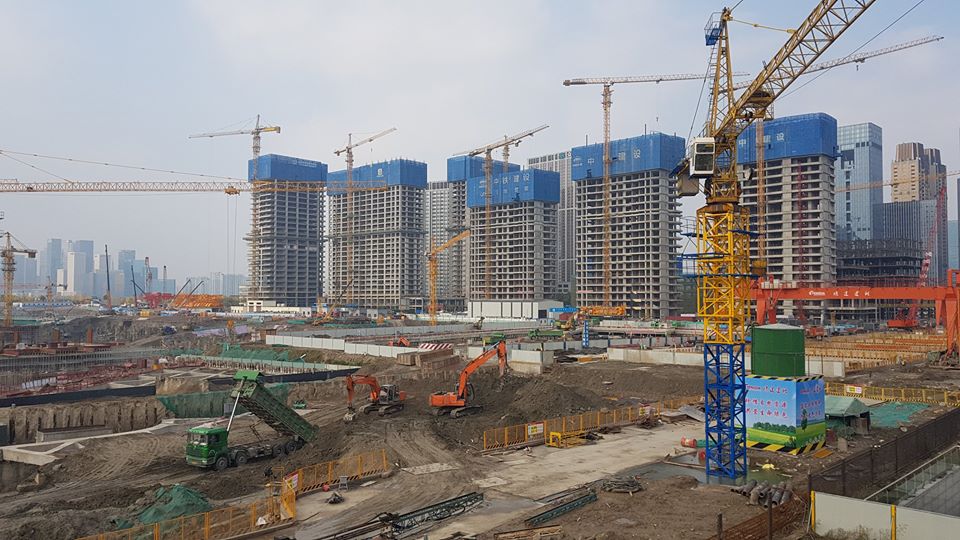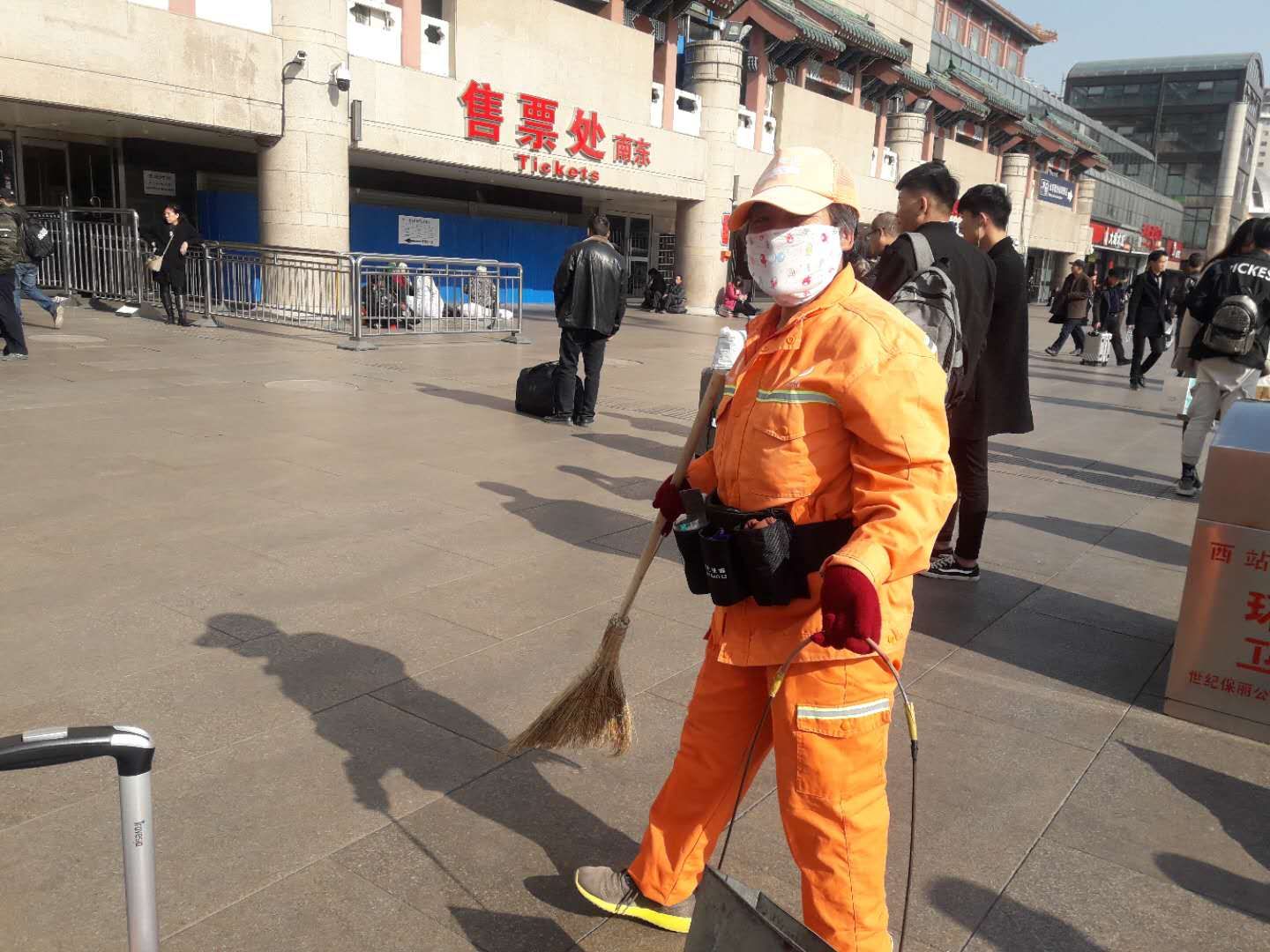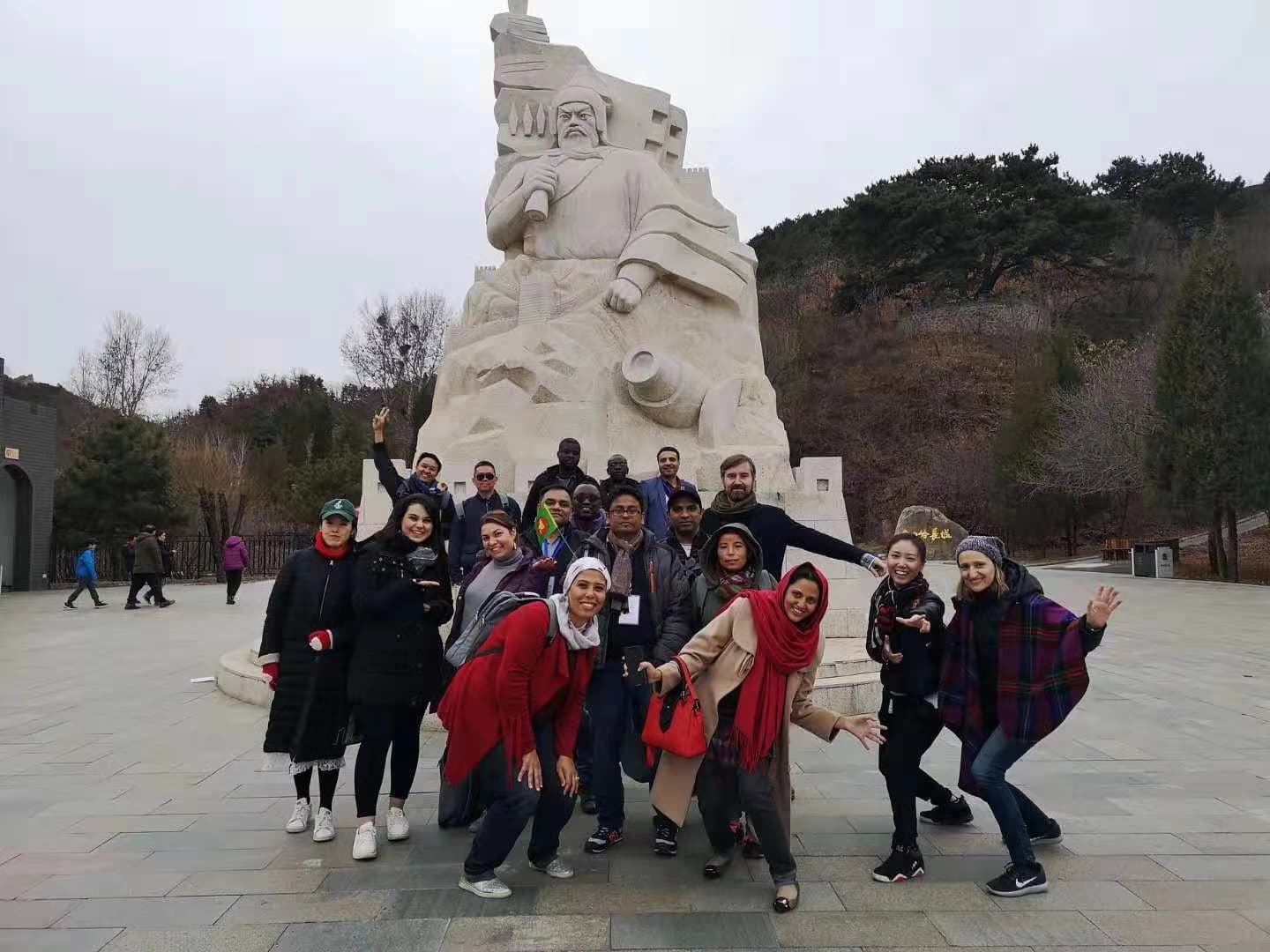40 years of reform and opening up: China makes poverty a museum piece
This December marks the 40 years of China’s economic reform that virtually opened the great nation up and turned it into a super power in the region and beyond. Robust growth in agriculture and rural industries propelled by pro-poor strategy hastened poverty eradication drives that President Xi Jinping well steered in the last decade.
The Chinese model what at the 19th party congress in October 2017 President Xi said: “offers a new option for other countries and nations who want to speed up their development while preserving their independence; and it offers Chinese wisdom and a Chinese approach to solving the problems facing mankind.” Xi’s anti-poverty drive surely has lessons for countries and regions to combat the debilitating poverty that still continues to grind down billions of people globally, writes Bangladeshi Journalist Naim-Ul-Karim who along with 34 journalists visited parts of China last month under a short-term visit program.
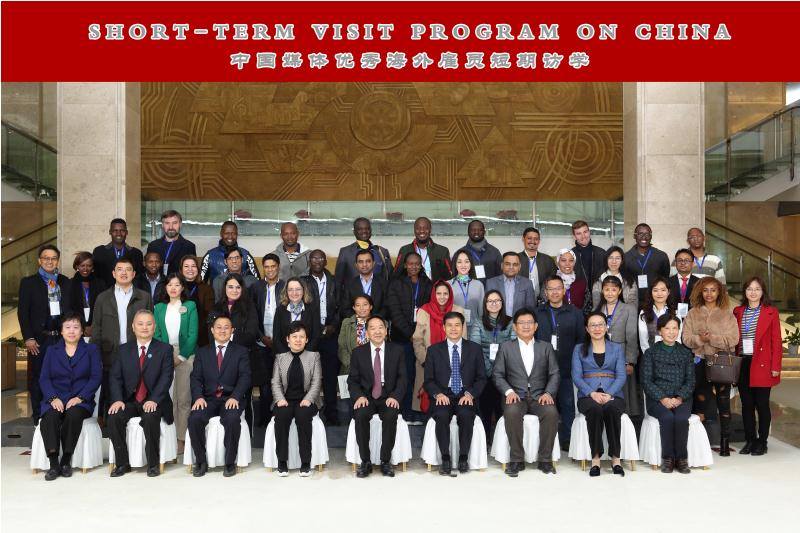
Frustration and hopelessness was all that Lankao county’s Yan Qing Guan had in his miserable life.
That was until the Xi Jinping government helped him run his own business that finally saw his fortunes turn and made him a happy family man within a couple of years.

Guan, a 35-year-old entrepreneur, changed his fate with the support he had from Xi who made things easy for him to feed his own family and generate now employment for many in Xuchang village which the visionary leader visited three times in less than five years.
Even a decade ago, octogenarian Zhang Yuguang said it was worst time for them in Zhang Zhuang, another village under Lankao county in China’s central eastern Henan province, where musical instruments industry saw a big boom since Xi government looked into the villagers’ welfare issues intensely with direct and indirect supports to boost their efforts combating poverty.
“Various government initiatives brought us out of suffering and financial crisis and reenergized and entirely changed our life,” said Yuguang adding they now fetch millions of U.S. dollars from exporting only Chinese Instruments — Guzheng and Guqin — every year thanks the government for paving the way.
Yan Qing Guan and Zhang Yuguang were among tens of thousands of people in the Lankao county’s villages like Xuchang Village who had no means of earnings at all.
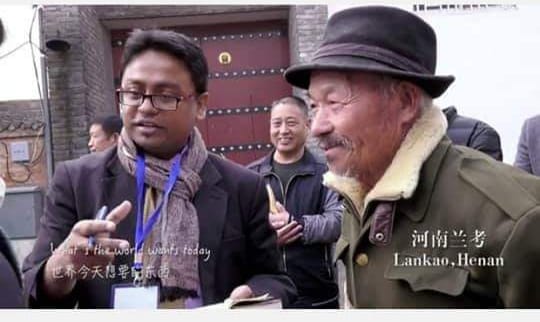
Liu Pen Feng, a member of the party committee in Guyang Town, Xuchang
attributed their successes to an improved rural environment, greater access to water and electricity, and better roads.
She said the local government also offers land and credit support to village start-ups.
Many who even a decade ago left their rural homes to find work in distant cities have returned to their villages from where they can now go to any where of the country by high-speed bullet trains.
Development of Lankao county of visionary leader Jiao Yulu, the county’s Party chief from 1962 until his death in 1965, who inspired people to plant paulownia (a deciduous tree with large, heart-shaped leaves) to guard against sandstorms and improve soil quality) , stunned scores of foreign journalists including the writer who have visited its two rural villages furnished with all modern facilities where mighty Huang He or Yellow River, which earned the name “China’s sorrow” for its tendency to flood, with devastating consequences, over the centuries, is now a blessing for farmers.
It is to be noted that Lankao became China’s second county, after Jinggangshan in Jiangxi province, to be removed from the list of impoverished counties as a result of the policies the government rendered as part of its reform and opening–up which did not merely changed life of these villagers but also changed the whole country making it in a position to contribute immensely to the development of the world today.
Between 1978 and 2018 China achieved record progress in the reduction of poverty and economic up-liftment of the country with it’s own characteristics.
Following paramount leader Deng Xiaoping initiated Chinese reforms and opening up with his well known speech “Emancipate the mind, seeking truth from fact, and unite as one to face the future” over the last four decades since 1978, China has witnessed an impressive success in eradicating poverty. Almost all the key indicators such as life expectancy, mortality and literacy rates now demonstrate the remarkable successes China achieved. China lifted some 800 million people in rural areas out of poverty from 1978 to 2018, roughly 20 million each year. The poverty ratio in rural areas dropped 94.4 percentage points during the same time period with an average annual decrease of 2.4 percentage points, according to the China’s National Bureau of Statistics (NBS).
The average annual income of rural residents in impoverished areas rose an average of 10.4 percent each year from 2012 to 2017, up 2.5 percentage points from the average for rural residents. Merely in the last past five years, over 68 million people were lifted out of poverty in China which provided special focus on rural poverty eradication that virtually helped disadvantaged groups to a large extent. Seemingly rural industrial growth on poverty reduction backed by President Xi Jinping government played a crucial role in the recent years in terms of commitment, policies and expenditures to bolster progress and put poverty to museum permanently from China and support the world as well in their poverty eradication drives.
It’s true to say that China’s stunning economic growth played a key role in the sharp decline of poverty in every hook and corner of China. With the widespread state support, however, rapid development of rural enterprises also had a very positive impact on poverty reduction.
Enterprises like those in Xuchang and Zhang Zhuang villages participated in economic growth by generating millions of jobs and increasing incomes which have benefited a majority of 1.3 billion population who are living in rural areas.
Against this backdrop, China’s share in the world economy rose from 1.5 percent in 1978 to 15 percent today after its per capita income increased 25-fold from 300 dollars in 1978 to 7,300 dollars in 2017.
China aims to further lift 10 million people out of poverty this year and eradicate poverty by 2020. It has already released guidelines on winning the battle against poverty in the next three years in order to prepare the nation for eradicating poverty by 2020. According to the guidelines, the impoverished people should be guaranteed food and clothing, and children from poor families should be guaranteed a nine-year compulsory education. Basic medical needs and living conditions of the impoverished should also be guaranteed. People whose annual income is lower than 2,300 yuan (337.3 U.S. dollars) are defined as living below the poverty line in China.
As China is growing fast, many countries around the world are looking to China as a source of knowledge and experience to build greater prosperity. President Xi government understands this reality. From that in mind, Xi proposed the Belt and Road Initiative in 2013, with the aim of expanding China’s cooperation with neighboring countries and regions. The initiative represents a major contribution to the region and the world, adding momentum to a new phase of economic globalization and Beijing hosted the Belt and Road Summit in May 2017, to increase the visibility and understanding of the plan. The book of the great leader Xi Jinping’s discourses on “promoting the building of a community with a shared future for humanity” has been inspiring all around the world because China’s poverty relief achievements have contributed more than 70 percent to global poverty alleviation work in the past 40 years. China has obtained a great deal of international assistance for long-term development programs from its development partners and earned huge appreciations for its successes.
In his speech at the International Forum on China’s Reform and Opening Up and Poverty Reduction this month the World Bank Group President Jim Yong Kim said, “We will continue to cooperate on the most important global issues and learn from China’s 40 years of reform and opening up.”
With China’s help, he said, “We will share that knowledge with all of our clients, applying the lessons of the last four decades to help other countries build greater prosperity.”
Mingrui Ye Raymond, a professor at the Communications University of China which organized the short-term media program hosted by the State Council Information Office, said transformation of China in the last four decades
and its accelerating pace of recent developments produced ample stories the world will be interested today.
Foreign journalists who visited parts of China realized soon what the journalism professor who studied at an Australian university wanted to tell the visitors.
At the central venue of the 2016 G20 summit in Hangzhou, the capital city of Zhejiang Province in East China, which is considered the most beautiful, magnificent, and heavenly city in the world, they (journalists) were seemingly busy taking enough photos of themselves on their cell phones.
After passing and catching beautiful moments on cameras at the pride of Hangzhou, West Lake, the delegation finally reached Shanghai where they see exquisite skyline on both sides of Hangpu river and tell each other that China has now the most beautiful city in the world with the iconic sites and magnificent treasures.
Apart from poverty alleviation, cutting edge technologies and scientific innovations, arts and rapid urban developments are among the topics that interest more and more people all around the world, said Zhang, deputy director general of State Council Information Office.
What Zhang said was not an exaggeration because the journalists witnessed the magnificent developments China did in all the four cities including Beijing they visited.
A robot with artificial intelligence welcomed the journalists and shook hands with them when they reached Jin Shan Ling point of the Great Wall which is synonymous with unity and strength in China whose anti-poverty effort wins now world’s plaudits.
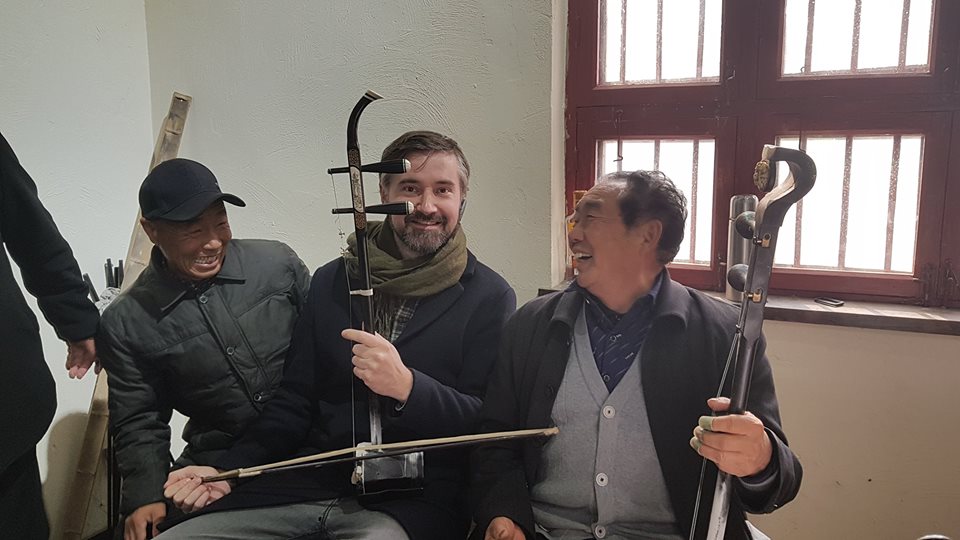
Even folk instruments — Guzheng and Guqin — have helped lift families above poverty lines in Henan province’s Lankao which now sets example for impoverished regions around the world, thanks largely to the leadership of Xi Jinping administration for time-befitting policies to have unfaltering growth.
Naim-Ul-Karim is special correspondent and in-charge (news) at Xinhua News Agency’s Bangladesh Bureau. He can be reached at anytime via email: naim_shancu@hotmail.com or WeChat: Xin21416
Enditem

